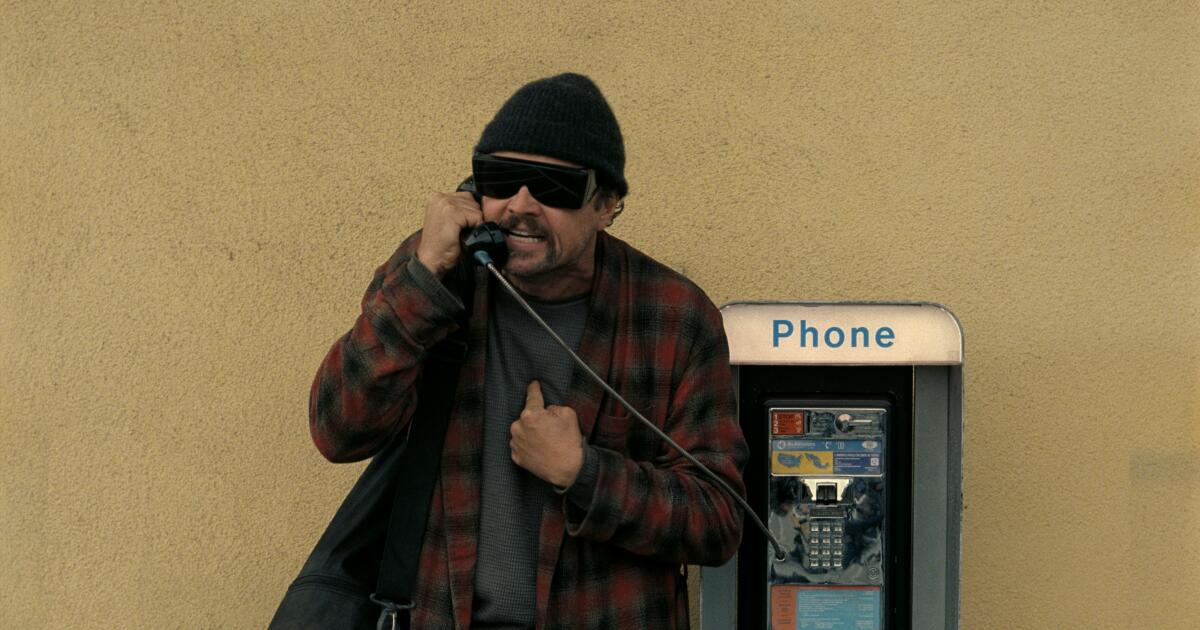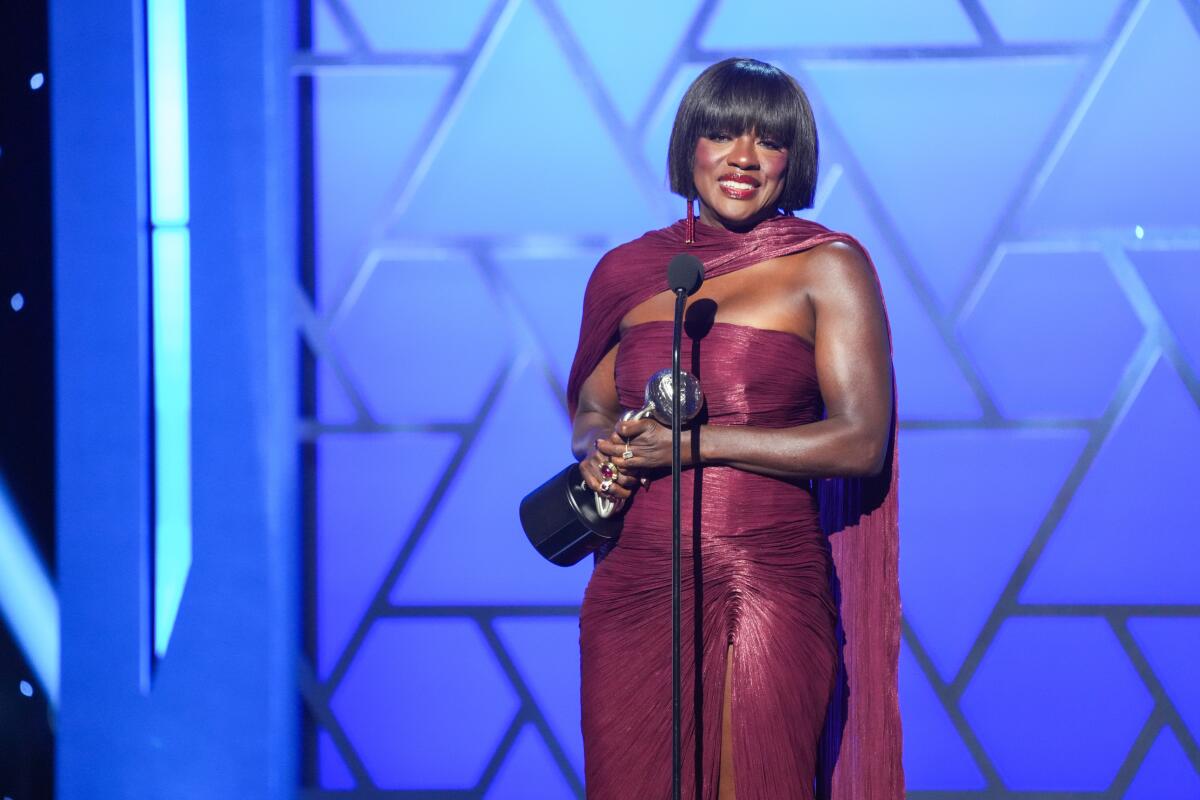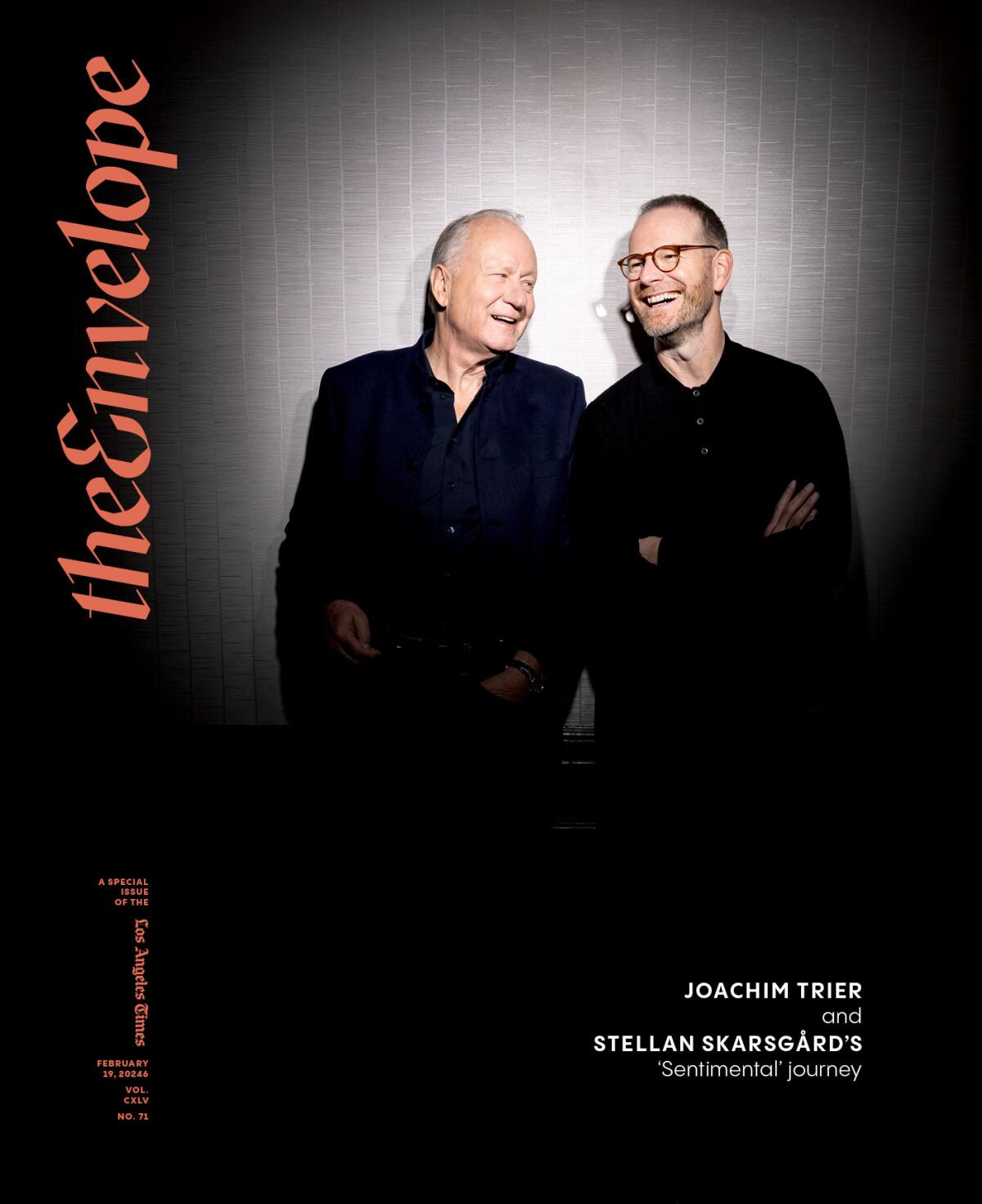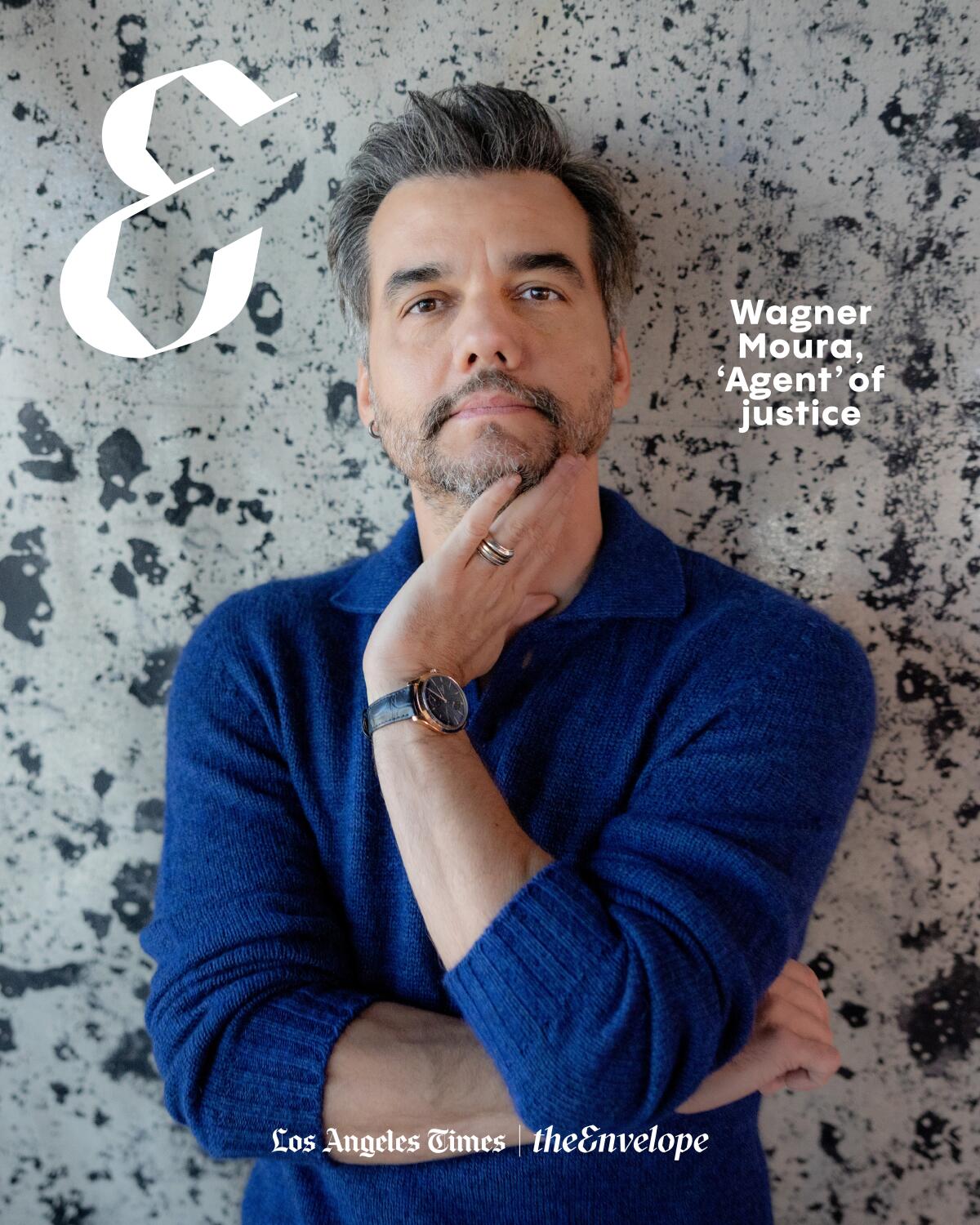PGA Awards: ‘One Battle After Another’ wins best film
Paul Thomas Anderson’s darkly comedic action-thriller “One Battle After Another” won the top prize at the Producers Guild Awards on Saturday, continuing its dominating run through awards season.
The PGA honor, presented at a ceremony in Beverly Hills, cements Anderson’s celebrated film as the front-runner for the best picture Oscar. Since 2009, when both the Producers Guild and the motion picture academy expanded their best picture nominee slates from five to 10 and adopted a preferential ballot, the PGA winner has gone on to win best picture all but three times.
The last time the groups diverged came six years ago when PGA winner “1917” lost the Oscar to Bong Joon Ho’s “Parasite,” a film that surged in momentum in the weeks leading up to the 2020 Oscars.
No other movie this season has shown that kind of strength other than Ryan Coogler’s “Sinners,” which scored a record-breaking 16 Oscar nominations in January. However, “One Battle” has prevailed at the major ceremonies since then, winning best picture at the British Academy Film Awards last week and Anderson taking the top honor with the Directors Guild earlier this month.
“Sinners” has one more chance to reverse the tide. It will compete against “One Battle After Another” for the cast award at the Actor Awards on Sunday. That ensemble honor, the most prestigious prize handed out by SAG-AFTRA voters, isn’t as strong a precursor as the PGA’s best film. But “Parasite” did win it right before the 2020 Oscars.
Hope springs eternal. Oscar voting ends on Thursday.
Read the full list of 2026 Producers Guild Award winners below.
Darryl F. Zanuck Award (outstanding theatrical motion picture): “One Battle After Another”
Outstanding animated theatrical motion picture: “KPop Demon Hunters”
Norman Felton Award (outstanding episodic television — drama): “The Pitt”
Danny Thomas Award (outstanding episodic television — comedy): “The Studio”
David L. Wolper Award (outstanding limited or anthology series): “Adolescence”
Outstanding televised or streamed motion picture: “John Candy: I Like Me”
Outstanding nonfiction television: “Pee-wee as Himself”
Outstanding live entertainment, variety, sketch, standup and talk series: “The Late Show with Stephen Colbert”
Outstanding game and competition television: “The Traitors”
Outstanding documentary film: “My Mom Jayne”
Outstanding children’s program: “Sesame Street”
Outstanding sports program: “Formula 1: Drive to Survive”
Outstanding short form program: ” Adolescence: The Making of Adolescence”
PGA Innovation Award: “The Wizard of Oz at Sphere”
David O. Selznick Award: Amy Pascal
Milestone Award: Jason Blum
Norman Lear Award: Mara Brock Akil


















